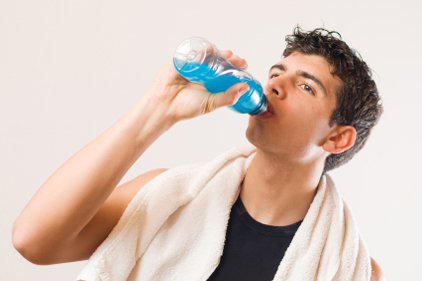Function in the left and right ventricles, which pump blood to the body, increased one hour after consuming an energy drink, according to the researchers, who used echocardiography on 35 healthy people with an average age of 25. Diastolic blood pressure rose 6%, while an increase in heart rate and systolic blood pressure was not statistically significant, they said. The results were presented at the European Society of Cardiology conference in Munich.
The global energy-drink market grew 14% in 2011 to $41.5 billion, accounting for 8.7% of the $498 billion global soft drinks industry, according to an analysis by Bloomberg Industries. As the market has expanded, concerns have been raised about the beverages' impact on the heart, Matteo Cameli, a researcher at the University of Siena in Italy and co- author of the study, said.
"Future studies need to focus on whether such benefits persist after long-term consumption of energy drinks, and what the effects are of consuming these drinks during physical activity," Cameli said. "It will also be important to determine which of the effects are induced in patients with cardiac disease to further our understanding of the potential benefits or risks of energy-drink consumption." The improvement in heart contractions may be caused by taurine, an amino acid in energy drinks which is known to stimulate calcium production in muscle, Cameli said.
Too much caffeine can cause people to sweat and experience heart palpitations, Douglas Weaver, former president of the American College of Cardiology, said in an interview in Munich.
"People are showing up in the emergency room and doctor's office after having these drinks and not feeling well," Weaver said. "Now, we can see some of the physiological effects."



